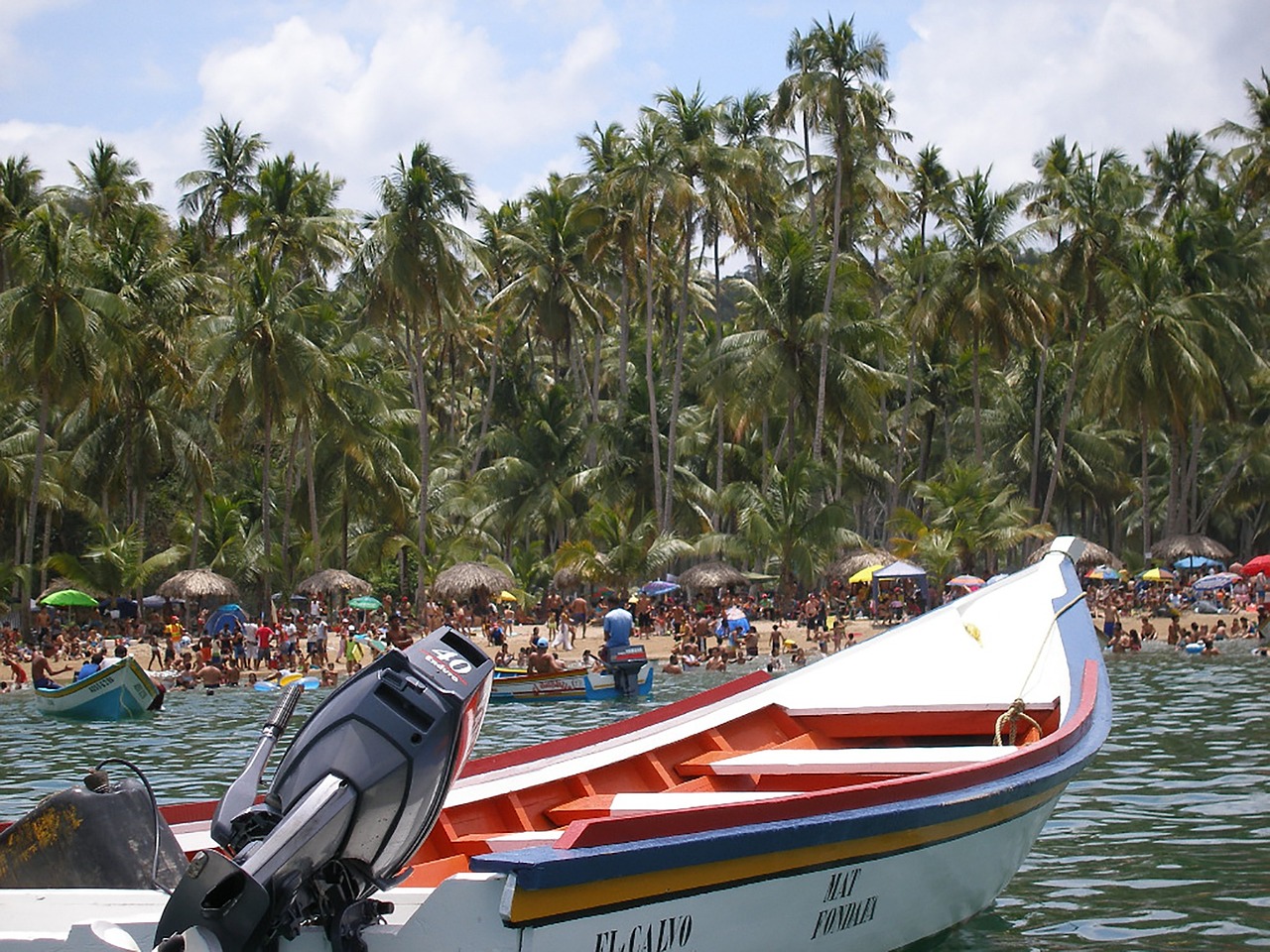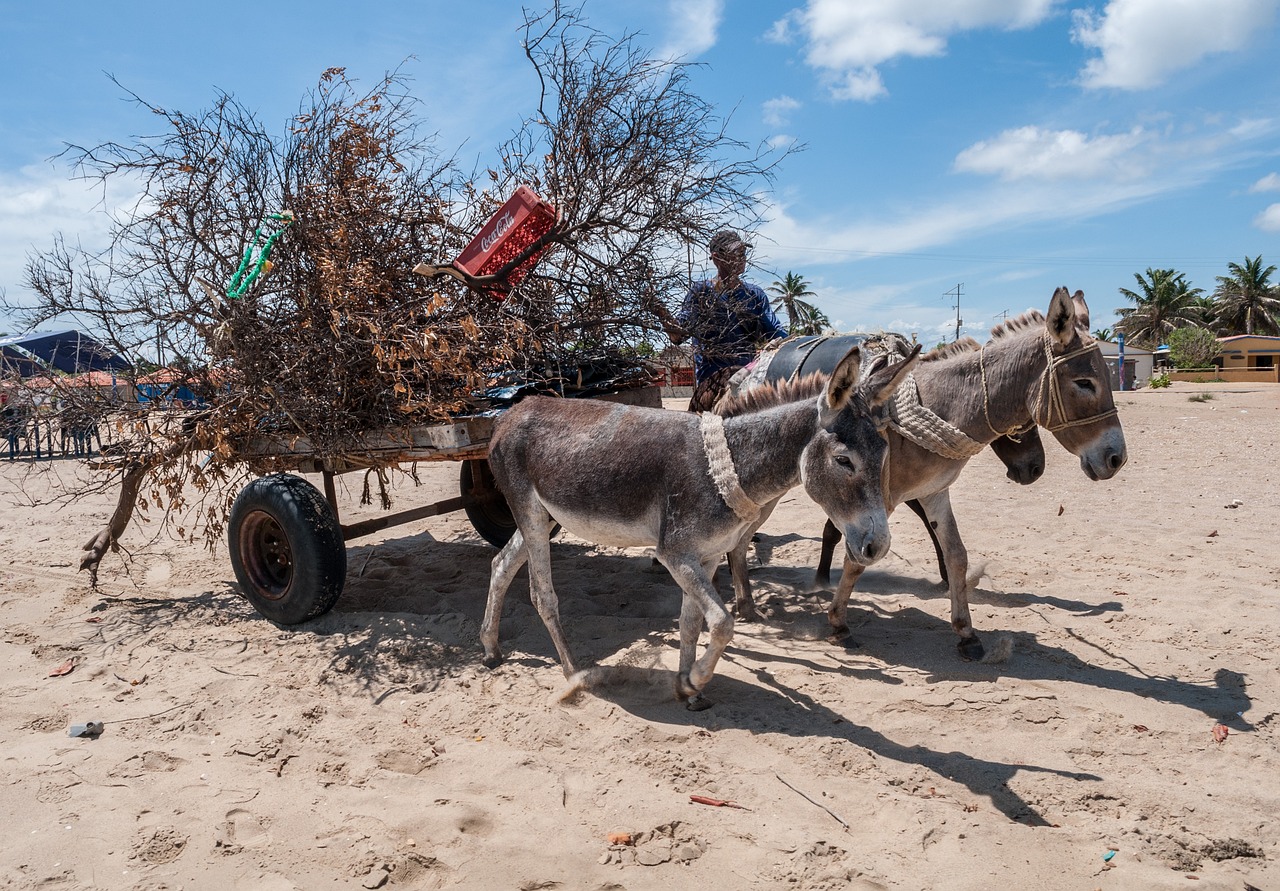Managing Finances and Payments while Working in Venezuela
Venezuela is a country in South America known for its rich natural resources and diverse culture. However, it has faced numerous economic challenges in recent years, including hyperinflation and currency devaluation. Managing finances and payments while working in Venezuela requires careful planning and understanding of the local financial landscape. This article aims to provide detailed information and practical tips on how to navigate the financial system in Venezuela.
Section 1: Understanding the Local Currency
One of the first things to understand when working in Venezuela is the local currency, the Venezuelan bolívar (VES). Due to hyperinflation, the value of the bolívar has significantly depreciated, leading to a complex exchange rate system. It is essential to stay updated on the official exchange rate set by the government and the black market exchange rate, which is often higher.
- Official Exchange Rate: The official exchange rate is determined by the government and is typically lower than the black market rate. It is used for official transactions and can be accessed through authorized exchange houses.
- Black Market Exchange Rate: The black market exchange rate is determined by supply and demand dynamics and is often higher than the official rate. Many locals and expatriates rely on the black market for currency exchange.
- Using Exchange Houses: Exchange houses, known as “casas de cambio,” offer currency exchange services. It is essential to choose reputable exchange houses and compare rates to get the best value for your money.
- ATMs and Debit Cards: ATMs are available in Venezuela, but it is advisable to withdraw cash in small amounts due to security concerns. Inform your bank about your travel plans to ensure your debit card works in Venezuela.
Section 2: Opening a Local Bank Account
Opening a local bank account can be beneficial for managing finances and receiving payments in Venezuela. However, it is important to choose a reliable and stable bank. Here are some key points to consider:
- Bank Selection: Research and choose a bank with a solid reputation and a wide network of branches and ATMs. Some popular banks in Venezuela include Banco de Venezuela, Banco Mercantil, and Banco Provincial.
- Account Types: Different banks offer various types of accounts, including savings accounts and checking accounts. Consider your financial needs and choose the most suitable account type.
- Documentation: Prepare the necessary documentation, such as identification documents, proof of address, and work permit (if applicable), to open a bank account. Visit the bank in person and follow their account opening procedures.
- Online Banking: Ensure the bank provides online banking services, which can be convenient for managing your finances remotely and making online payments.
Section 3: Managing Income and Expenses
Venezuela Image 1:

When working in Venezuela, it is crucial to effectively manage your income and expenses to maintain financial stability. Here are some tips:
- Budgeting: Create a comprehensive budget that outlines your monthly income and expenses. Consider factors such as rent, utilities, transportation, groceries, and healthcare.
- Expense Tracking: Keep track of your expenses to identify areas where you can cut costs and save money. Utilize budgeting apps or spreadsheets to simplify the process.
- Emergency Fund: Set aside a portion of your income as an emergency fund to cover unexpected expenses or financial emergencies.
- Foreign Currency Savings: Consider keeping a portion of your savings in a stable foreign currency, such as US dollars, to protect against the local currency’s volatility.
Section 4: Payment Methods and Digital Wallets
In Venezuela, various payment methods and digital wallets are available for day-to-day transactions. Here are some popular options:
- Debit and Credit Cards: Visa and Mastercard are widely accepted in Venezuela. Ensure your cards have international capabilities and inform your bank about your travel plans.
- Mobile Payment Apps: Apps like Zelle, Mercado Pago, and Banesco Pago Móvil allow users to make payments and transfer money using their mobile phones.
- Cryptocurrencies: Cryptocurrencies like Bitcoin and Dash have gained popularity in Venezuela as an alternative payment method. However, be cautious when dealing with cryptocurrencies due to their volatility.
- Prepaid Cards: Prepaid cards, such as Alipay and Neteller, can be used for online purchases and international transactions.
Section 5: Tax Obligations
Understanding and fulfilling tax obligations is essential when working in Venezuela. Here are some key points to consider:
- Tax Identification Number (RIF): Obtain a Tax Identification Number (RIF) from the Servicio Nacional Integrado de Administración Aduanera y Tributaria (SENIAT) to comply with tax regulations.
- Income Tax: Determine your income tax obligations based on the local tax laws and regulations. Consult with a tax professional to ensure compliance.
- Value Added Tax (VAT): Familiarize yourself with VAT rates and requirements for goods and services in Venezuela. VAT is currently set at 16%.
- Tax Deductions: Explore potential tax deductions and credits that you may qualify for based on your work and personal circumstances.
Section 6: Savings and Investments
Venezuela Image 2:

Building savings and making appropriate investments can help secure your financial future while working in Venezuela. Consider the following:
- Savings Accounts: Open a savings account with a competitive interest rate to gradually build your savings.
- Fixed-Term Deposits: Fixed-term deposits offer higher interest rates but require locking in your funds for a specific period. Evaluate the terms and conditions before investing.
- Government Bonds: Government bonds can provide a stable source of income. Research the available options and consult with a financial advisor for guidance.
- Real Estate: Consider investing in real estate properties in Venezuela, but conduct thorough research and seek professional advice before making any purchase.
Section 7: Insurance Coverage
Insurance coverage can provide protection against unforeseen events and financial risks. Here are some types of insurance to consider:
- Health Insurance: Obtain comprehensive health insurance coverage to ensure access to quality healthcare services in Venezuela.
- Life Insurance: Life insurance provides financial security for your loved ones in the event of your untimely demise. Research different policies and choose the most suitable one.
- Property Insurance: If you own property in Venezuela, consider obtaining property insurance to protect against damage or loss.
- Vehicle Insurance: If you own a vehicle, ensure it is insured to cover potential accidents or damages.
Section 8: Exchange Control Regulations
Venezuela has strict exchange control regulations that govern the movement of foreign currency. Here are some important points to note:
- Foreign Currency Restrictions: Understand the restrictions on transferring foreign currency out of Venezuela. Consult with authorized exchange houses or financial institutions for guidance.
- Import and Export Regulations: Familiarize yourself with import and export regulations, especially if you plan to engage in international trade or business activities.
- Customs Declarations: Comply with customs declarations when entering or leaving Venezuela to avoid any legal complications.
Section 9: Retirement Planning
Venezuela Image 3:

Planning for retirement is crucial, regardless of where you work. Consider the following for retirement planning in Venezuela:
- Private Pension Plans: Explore private pension plans offered by reputable financial institutions to secure a comfortable retirement.
- Government Pension: Research the government pension system in Venezuela and understand the eligibility criteria and benefits.
- Investment Portfolios: Diversify your investments and consider long-term investment options to grow your retirement savings.
Section 10: Seeking Professional Financial Advice
Given the complex financial landscape in Venezuela, seeking professional financial advice can be beneficial. Consider consulting with:
- Financial Advisors: Engage the services of experienced financial advisors who can provide personalized guidance based on your financial goals and circumstances.
- Tax Consultants: Consult with tax consultants who specialize in Venezuelan tax laws to ensure compliance and optimize your tax position.
- Legal Advisors: If you plan to engage in complex financial transactions or investments, consult with legal advisors to ensure compliance with local laws and regulations.
Section 11: Security and Safety Measures
When managing finances and payments in Venezuela, it is essential to prioritize security and take necessary safety measures. Consider the following:
- Personal Safety: Be mindful of your personal safety and avoid displaying large amounts of cash or valuable possessions in public.
- Online Security: Use secure internet connections and avoid accessing sensitive financial information on public networks. Regularly update passwords and enable two-factor authentication.
- Emergency Preparedness: Have a plan in place for emergencies, including natural disasters or political unrest, and ensure you have access to essential documents and emergency funds.
Section 12: Conclusion
Managing finances and payments while working in Venezuela requires careful planning, understanding of the local financial landscape, and adherence to regulations. By familiarizing yourself with the local currency, opening a local bank account, managing income and expenses, and utilizing various payment methods, you can navigate the financial system effectively. Additionally, consider savings and investments, insurance coverage, retirement planning, and seeking professional financial advice to secure your financial future. Prioritize security and safety measures to protect yourself and your assets in Venezuela.
References
The information in this article was derived from the following sources:
- Venezuelan Central Bank: www.bcv.org.ve
- SENIAT: www.seniat.gob.ve
- Banco de Venezuela: www.bancodevenezuela.com
- Banco Mercantil: www.bancomercantil.com
- Banco Provincial: www.bancoprovincial.com
- Zelle: www.zellepay.com
- Mercado Pago: www.mercadopago.com
- Banesco Pago Móvil: www.banesco.com

